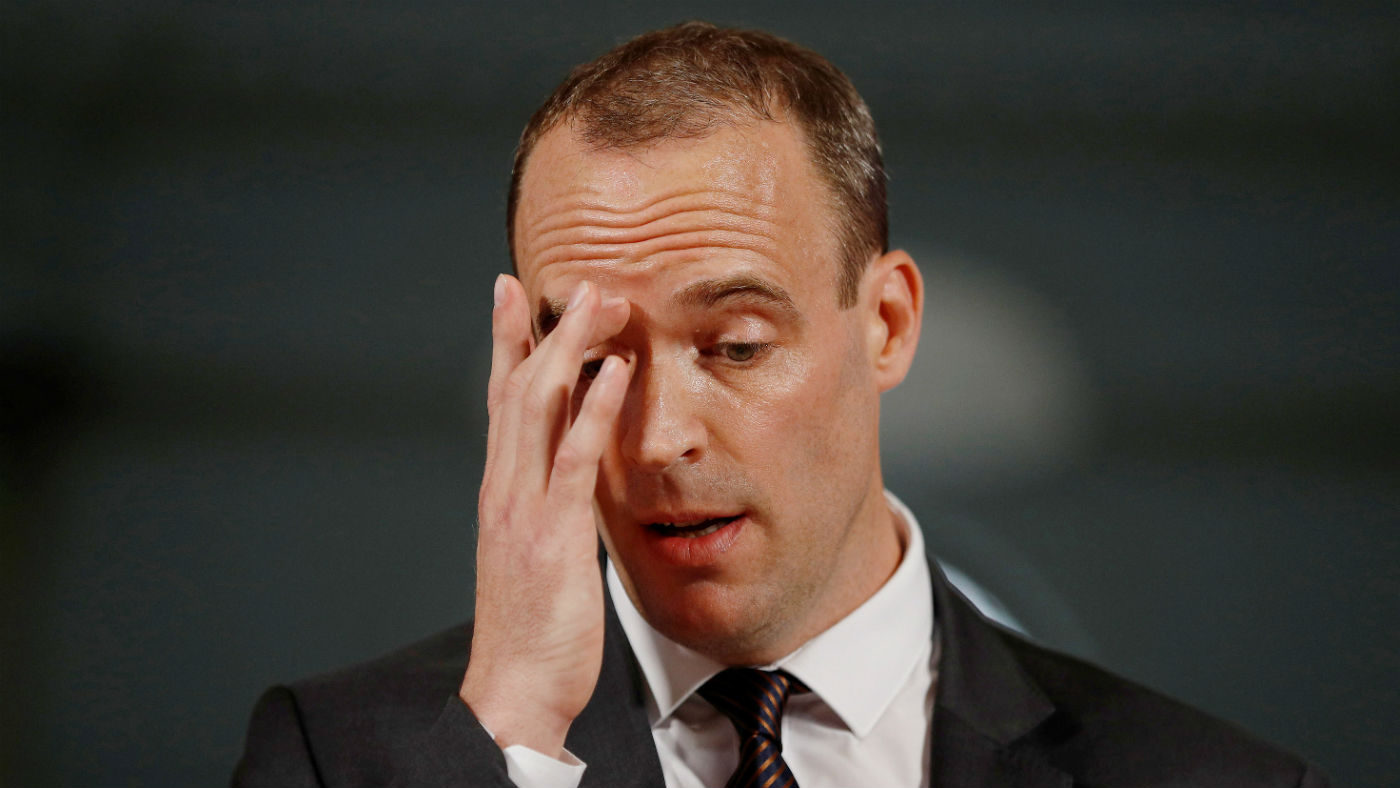No-deal Brexit papers: reading between the lines
First batch of government ‘technical notices’ divide opinion

A free daily email with the biggest news stories of the day – and the best features from TheWeek.com
You are now subscribed
Your newsletter sign-up was successful
The government has released its first batch of planning papers, offering advice for businesses and individuals across a range of sectors in the event of a “no-deal” Brexit.
The most notable elements of the 25 “technical notices” released yesterday include instructions for businesses that could face extra paperwork at borders and contingency plans to avoid medicine shortages.
BBC political correspondent Chris Mason described the publication as a “vast swirling porridge of detail - much of it at a technical level, advising individual industries about the manner in which they are regulated in the event of a no-deal Brexit”.
The Week
Escape your echo chamber. Get the facts behind the news, plus analysis from multiple perspectives.

Sign up for The Week's Free Newsletters
From our morning news briefing to a weekly Good News Newsletter, get the best of The Week delivered directly to your inbox.
From our morning news briefing to a weekly Good News Newsletter, get the best of The Week delivered directly to your inbox.
The Daily Telegraph said the “most controversial” of the papers is on financial services, with the government warning that the “cost of card payments between the UK and the EU will likely increase” after Britain leaves the European Union.
It means that British holidaymakers who use their UK cards while abroad would face higher charges. It also means that Britons who buy products online from European retailers will have to pay more money.
More alarmingly, the document also states that British citizens living in the EU could be denied access to their own money, and “may lose the ability to access existing lending and deposit services, insurance contracts due to UK firms losing their right to passport to the EU.”
Underlining the reach of the EU in all aspects of regulation, the notices also say that Britain would have to introduce new health warnings on cigarette packets, as the copyright for the existing picture library is owned by the European commission.
A free daily email with the biggest news stories of the day – and the best features from TheWeek.com
In a series of other areas, however, “the technical notices strike a more reassuring note” says The Guardian, with existing regulations in sectors from workers’ rights to the export of dangerous products due to be transposed into UK law under the EU Withdrawal Act.
With the contentious issue of the Northern Ireland backstop still unresolved between the UK and EU27, businesses trading across the border are advised that they may need to consult the Dublin government.
Despite reports that drug companies have been asked to stockpile extra medicine in the case of a no deal, the Brexit Secretary, Dominic Raab, dismissed what he said were “wilder claims” about the impact of not reaching a deal, including that it could spark a “sandwich famine” in the UK and that the army could be deployed to ensure food supplies.
The shadow Brexit secretary, Keir Starmer, attacked his counterpart’s plan as “thin on detail, thin on substance and provided no answers to how ministers intend to mitigate the serious consequences of leaving the EU without an agreement”.
Credit card charges, cigarette packet health warnings, the Erasmus student exchange programme: “some of the details plucked out of the Government’s first tranche of no deal Brexit “technical notices” are interesting and alarming, but ultimately economically trivial” says Ben Chu in The Independent.
Raab talks of the “smooth, continued, functioning of business, transport, infrastructure, research, air programmes and funding streams that have previously come from the EU”.
“But the reality is that so much would be entirely out of ministers’ hands after a no deal Brexit, leaving us at the mercy of decisions taken in Europe” says Chu, adding that “for all their detail, these documents only serve to highlight that gaping void – and catastrophic loss of control”.